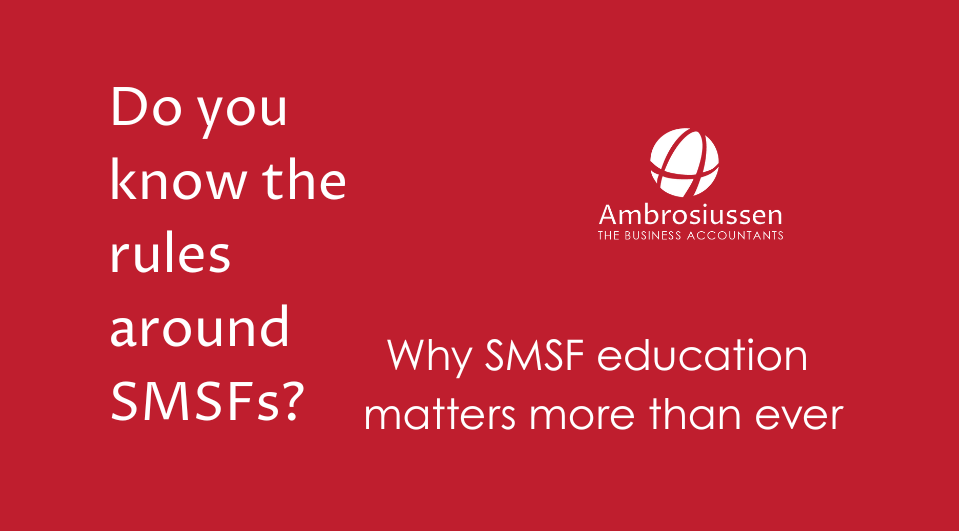Interest Deductions - Risks & Opportunities
September 16, 2025
What are the risks and opportunities?

This tax season, we’ve seen a surge in questions about whether interest on a loan can be claimed as a tax deduction. It’s a great question as the way interest expenses are treated can significantly affect your overall tax position. However, the rules aren’t always straightforward. Here’s what you need to know. business accountant toowoomba. business accountant. business edge.
The purpose of the loan
Redraw vs offset accounts
Let’s compare two scenarios that might seem similar from an economic perspective:
Example 1: Lara's redraw facility
Example 2: Peter's offset account
Parking borrowed money in an offset account
To do
accountants toowoomba
Ready to talk with us?
Fill in the form below and we'll be in touch to tell you to arrange an obligation free initial meeting.




